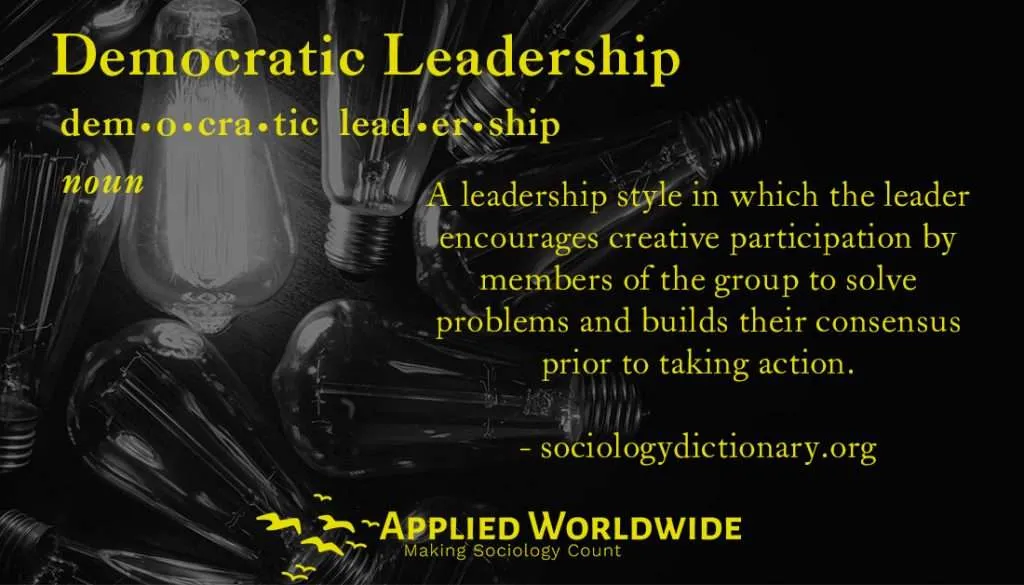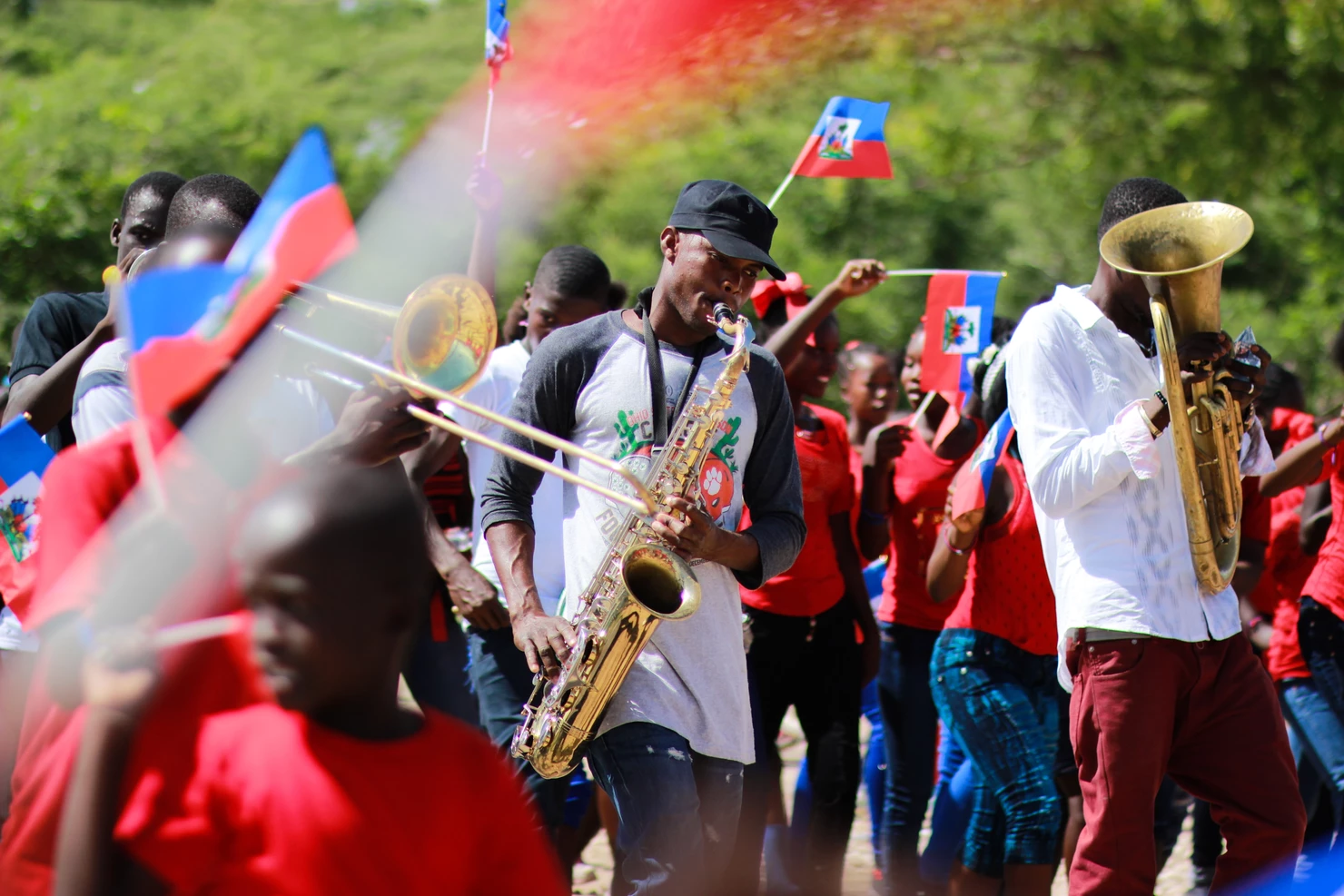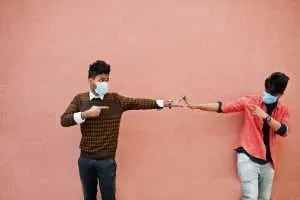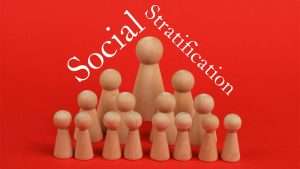Guest Contributor Ayodele Aduwo writes about the political crisis in Haiti, following the attention-grabbing and unworthy assassination of Jovenel Moise, the last known Haiti’s President, whose leadership administration had witnessed severe social and political challenges among the people. Challenges such as poverty, displacement, illiteracy, human rights violations by security operatives, gang violence among others.
Through the political theory of agonistic pluralism, he opines that in the present period which Haiti avails in, the role of political sociology would be to address core issues about how the political institutions in Haiti would become politically correct, and overview how social stability would resume in Haiti.
What seems to be a blank or an uncertain headway about Haiti has left many questions unanswered, especially the one about what and which person of deep held commitment would lead this Caribbean country next to an era of democratic engagement and meaning.
To arrive at a better political outlook and possibility for Haiti, the political theory of agonistic pluralism has an ability to ameliorate tendency of turmoil in Haiti. Its idea is hereby recommended to resolve political overstress in Haiti, which in turn has endangered social economic status of every average Haitian.
An Overview of the Recent Political Crisis in Haiti
In the news;
- On the 12th, January 2010, Haiti witnessed an earthquake which resulted in the death of about 200,000—according to Wikipedia.org, which left more than 1.5 million people homeless.
- 29 percent of Haitians live in abject poverty—according to (World Food Programme).
- Corruption in Haiti is topnotch. The Transparency International’s Corruption Index ranked Haiti the fifteenth most corrupt country in the world.
- In a press release by the Internal Displacement Monitoring Centre (IDMC) in Haiti, there has been a record of 7,900 untypical displacements of people as a result of criminal violence, which almost double the number of criminal violence in year 2020.
Haiti has witnessed crises and events of great instability, ranging from despotic rule and stenches of leadership intentions, coups and dictatorship, all of which rest on the system of state governance or politics which has been played overtime in Haiti—which especially came to brighter limelight after the news of Jovenel Moise’s assassination.
Not different to the event of assassinations that Haiti had witnessed so far, being series of its kind which had include the death of Jean Jacques Dessalines who rudely was ambushed by a gang of officers, who violently was gunned at Pont-Rouge on 17 October 1806.
Meaning that, what has become the news of Jovenel’s Moise death was another reoccurrence of what had happened overtime in Haiti. This is to buttress the fact that political instability in the nation has been overtime under duress in Haiti. But not just this; democratic ideals have been contravened, and inhumane abuses travail in the nation.
Another overlapping challenge is however the scenic of disunity and lack of interactional harmony that exist among Haitians, even among the political classes.
In a perspective only relative to prodemocracy, the tasked institutions vested to sustain and implement democracy exist as insitutions with questionable antecedents, including bodies even meant to organize periodic elections, or exert incorrigible governance. Of the most inherent institution in this set is however the Haitian police authority or force, whose ineptitude has brought up questions of doubt on the authorities’ integrity. With a popular question like ‘How did it become possible for the invaders of Moise privacy to penetrate into his house then room, and aftetward shot at Jovenel without the intervention of his security team?’

The distress of Haiti as a nation is an underlined factor of the failure of politics and should undeviatingly be treated as such and interpreted with theories that would home its rots to roost.
Virtually all thriving social concepts of pervasiveness often reflect more obviously on the non-pragmatism of state actors and public institutions who often have carelessly encouraged or themselves imbibe wrong civic actions.
Political strives have always caused integrative problems in societies, without exclusion to where or when. Since political authority and society cannot be treated independently, they have contributed to, and are self-explanations of what the social structures of Haiti society would be made up of.
According to Wikipedia an election “with 54 candidates competing” was initially held but later annulled in October 2015, after which violent street displeasure erupted. In November, a general election was held the following the first election which secured the Presidency of Moise, among gathered controversies. Corruption and malpractice in the period of this previous election in Haiti reflects an outsource that is capable of inciting violence as a situation on its own accord, helming from the gown game of politics among oriented Haitian persons.
Using the functionalist perspective to introspect Haiti’s political dire matter; all societies in Haiti are the necessary complex systems whose part must work together to promote and shape the prospect of stability that is required in the country.
Also from the study of Haiti’s politics and how depraved the dominated citizens are, with events of violence and all unceasing protests witnessed, the flap in social welfarism represents the corresponding and eventual class struggle of the elites and the proletariats as presented in Karl Marx’s impression of class struggle.
In final indication, structural theory as primarily founded by Sociologist Emile Durkheim is another critique of Haiti’s event, the theory argues that ‘parts of society are interdependent, and that this interdependency imposes structures on the behaviour of institutions and their members’. This nearly explains that political dissension and contention in Haiti has and can be more agreed with, has been fostered by the impact and manifestation of social conditioning and the complex set of habits adopted by the Haitian civilization of people, thoughts, opinion and politics.
References
Economic Crisis in Haiti – www.equaltimes.org
Big Challenges in Haiti – www.oxfamamerica.org
Allen, Karem (28 January 2010). “Rebuilding Haiti from rubble and dust”. BBC News
Poverty in Haiti – www.korefoundation.org
Deadly Gang Violence in Haiti’s capital displaces nearly twice as many people in June than in all of 2020 – www.reliefweb.int







